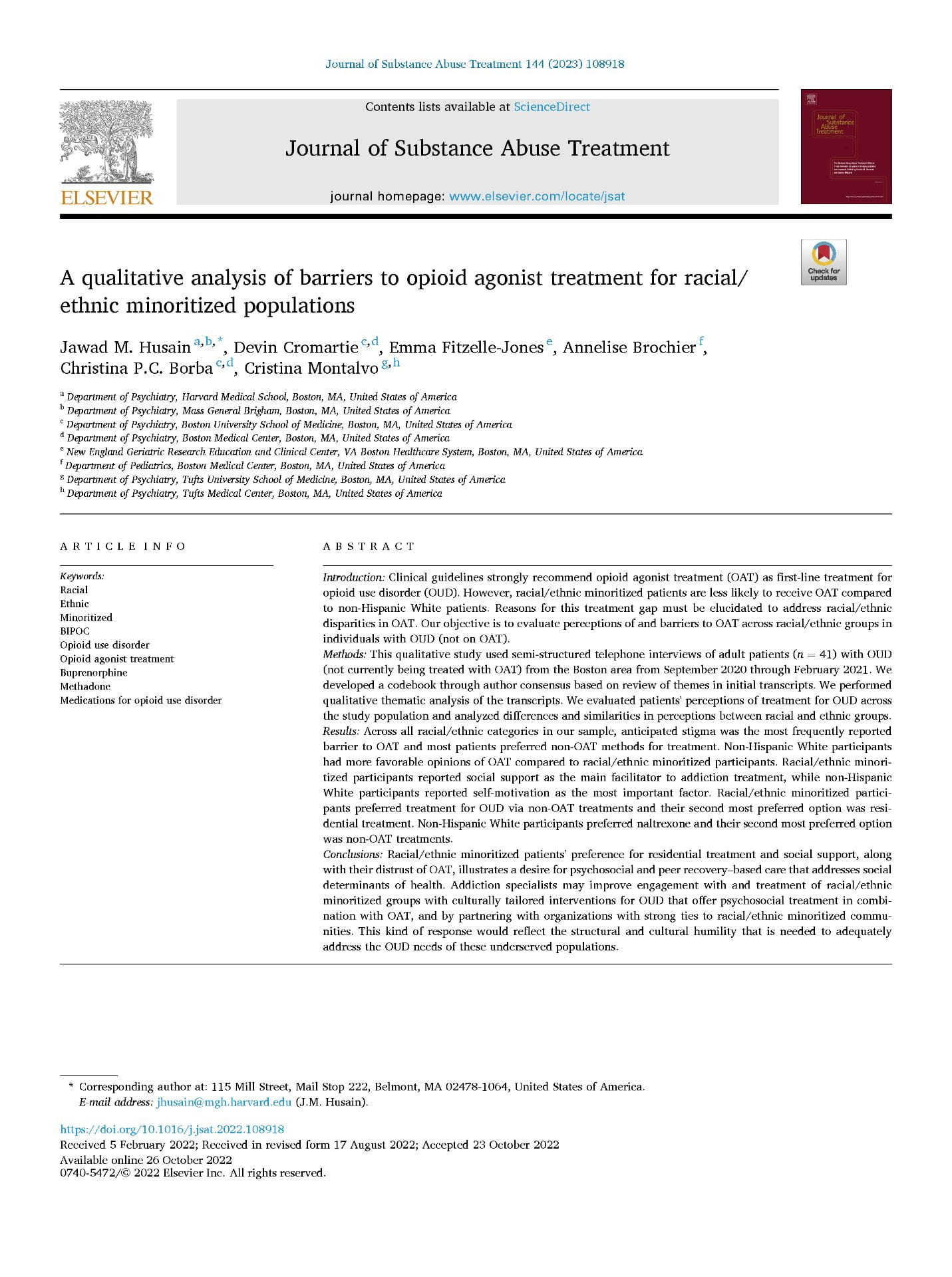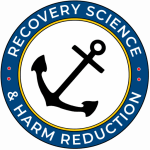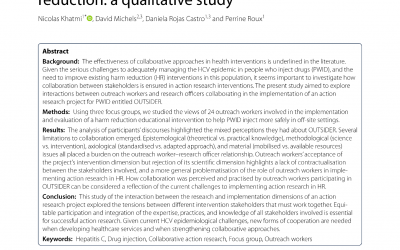Article
Husain JM, Cromartie D, Fitzelle-Jones E, Brochier A, Borba CPC, Montalvo C. A qualitative analysis of barriers to opioid agonist treatment for racial/ethnic minoritized populations. J Subst Abuse Treat. 2023 Jan;144:108918. doi: 10.1016/j.jsat.2022.108918. Epub 2022 Oct 26. PMID: 36403456.
Article Summary
Clinical guidelines strongly recommend opioid agonist treatment (OAT) as first-line treatment for opioid use disorder (OUD). However, patients who belong to racial and ethnic minority groups are less likely to get OAT compared to non-Hispanic White patients. Public health scientists have to figure out why there is such a treatment gap and act to close the gaps in who gets OAT. The goal of this study was to find out why people in different racial and ethnic groups may or may not want to try OAT. Study staff did phone interviews with 41 adult patients with OUD (not currently being treated with OAT) from the Boston area from September 2020 through February 2021 and studied differences and similarities in people’s thoughts and feelings about OAT between racial and ethnic groups. Across all racial/ethnic categories in the sample, anticipated stigma was the most frequently reported barrier to OAT and most patients preferred non-OAT methods for treatment. Racial/ethnic minoritized participants reported that social support was most helpful in getting addiction treatment, while non-Hispanic White participants reported that self-motivation was most helpful. Racial/ethnic minoritized participants preferred non-OAT treatments and their second-most preferred option was residential treatment. Non-Hispanic White participants preferred naltrexone and their second-most preferred option was non-OAT treatments. In this study, researchers found that patients from racial and ethnic minority groups’ preference for residential treatment and social support, along with their distrust of OAT, shows that they want psychosocial and peer recovery-based care that speaks to social determinants of health. Addiction specialists can consider using culturally tailored interventions for OUD that offer psychosocial treatment in combination with OAT to meet the needs of patients from racial and ethnic minority backgrounds.


